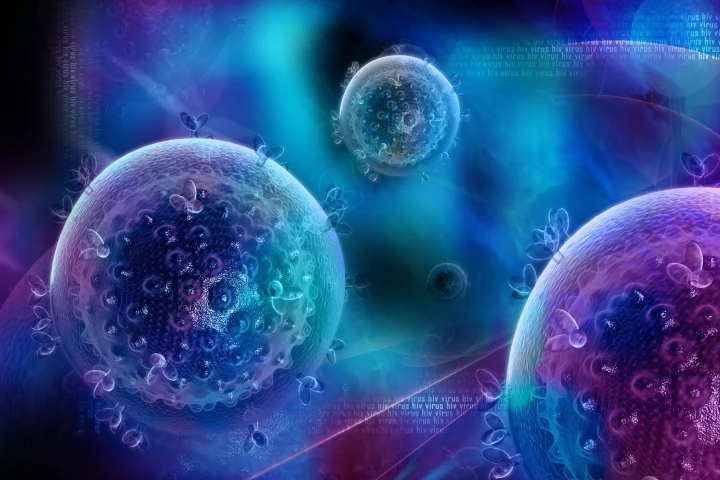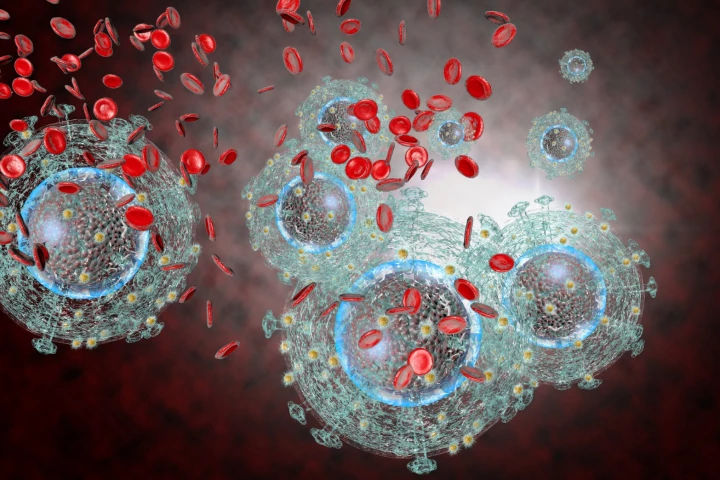HIV
-
A trial testing a drug designed to prevent HIV infection has been cut short due to a combination of positive early data and disruptions caused by COVID-19. The analysis found a single injection every eight weeks offers protection from HIV infection.
-
Viruses are difficult to kill – most of the drugs and chemicals that do are also harmful to human health. But now, scientists have developed a new virucidal substance derived from sugar, making it deadly to a wide range of viruses but safe for us.
-
In lab tests, researchers have identified a cellular “switch” that could be turned off to clear out HIV lying dormant inside cells.
-
The 2019 Beazley Designs of the Year shortlist features a flying car, an expandable building, and a HIV test for developing countries.
-
There exists a group of HIV-positive people who have a rare ability to naturally control the HIV infection. Now, after years of research, a team of scientists from the Institut Pasteur in Paris, has successfully reprogrammed cells that lack this ability, giving them the same, antiviral potency.
-
A permanent cure for HIV has remained elusive. But scientists have now made a significant breakthrough in this area, using the CRISPR-Cas9 gene editing tool to entirely remove the virus from the genomes of living animals for the first time ever.
-
Scientists report the “functional cure” of an HIV patient for only the second time ever. Known only as “the London patient”, the man received a transplant of bone marrow stem cells from a donor that had a resistance to the virus. The patient has now been in remission for 18 months.
-
The world’s first gene-edited human babies have been born in China. Professor Jiankui He claims that by removing a specific gene from the embryos using CRISPR-Cas9, the twin girls would have a natural immunity to HIV. But scientists question the safety, effectiveness and morality of the procedure.
-
HIV is a life sentence, but it can be managed through antiretroviral therapy. New clinical trials in humans have shown that drugs based on two antibodies naturally found in some people can put HIV into hiding for months at a time.
-
Developing a HIV vaccine has been frustrating scientists for decades due the ability of the virus to rapidly mutate. A team of researchers is now the closest they've ever been to producing a successful vaccine, with an experimental drug moving to a large-scale human trial in Southern Africa.
-
Scientists at the University of Waterloo have developed a promising new medical device that could help protect women from HIV. The technology consists of a vaginal implant that basically reduces the amount of targets the virus can latch onto during sex.
-
There's a problem with using antiretroviral drugs to treat or prevent HIV – because multiple drugs need to be taken on a daily basis, many patients simply don't bother to keep doing so. What if they just had to take one capsule once a week, though? Scientists are working on making that a reality.
Load More











